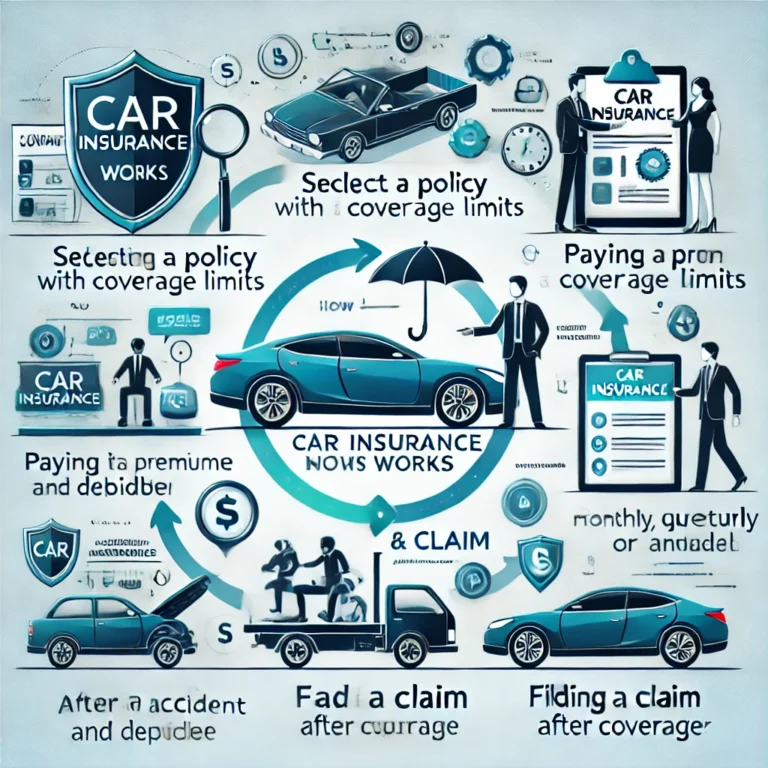Education Reform with Precise Introduction (Definition)

Education Reform is an essential process that aims to improve the quality and effectiveness of education systems worldwide. It address various challenges and shortcomings present in traditional educational approaches while fostering a more inclusive and dynamic learning environment. Through strategic changes in curriculum, teaching methods, and policies, education aims to equip learners with the skills and knowledge necessary to thrive in an ever-evolving world.
One crucial aspect of education reform is the recognition of individual differences and diverse learning styles. Also, it aims to address the shortcomings and challenges within the existing education system and implement strategies to promote better learning experiences and outcomes for students.
The specific goals of this educational reform can vary depending on the context and needs of a particular country or region, but some common objectives include: Traditional education often adopts a one-size-fits-all approach, assuming that all students learn in the same way and at the same pace. However, this approach overlooks the fact that each learner is unique, with their own strengths, interests, and learning preferences.
Through strategic changes in curriculum, teaching methods, and policies, learning reform aims to equip learners with the skills and knowledge necessary to thrive in an ever-evolving world. Another vital component of educational improvement is the integration of practical, real-world applications into the curriculum.
Vision of Education Reform in the World (Impacts)
Another vital component of education reform is the integration of practical, real-world applications into the curriculum. The traditional focus on rote memorization and standardized testing often fails to prepare students for the challenges and complexities they will encounter in their personal and professional lives. It advocates for a curriculum that emphasizes critical thinking, problem-solving, creativity, and collaboration.
By providing students with opportunities to apply their knowledge to real-life situations, ensures that learners develop the skills necessary to navigate an increasingly complex and interconnected world. Technology plays a significant role in these reforms by enhancing access, engagement, and effectiveness. Rapid advancement of technology, educational institutions have the opportunity to leverage digital tools and platforms to create immersive and interactive learning experiences.
Education reform is an ongoing process that requires collaboration and commitment from various stakeholders, including policymakers, educators, parents, and students themselves. By embracing innovation, flexibility, and inclusivity, it aims to shape a brighter future for learners worldwide. Moreover, it requires collaboration and commitment from various stakeholders, including policymakers, educators, parents, and students themselves.
By embracing innovation, flexibility, and inclusivity, educational reform aims to shape a brighter future for learners worldwide. It recognizes the need to adapt to the changing needs of society and equips students with the skills, knowledge, and values necessary to succeed in a rapidly evolving global landscape.

Features and Impact of Education Reform on Society:
- Personalization: Emphasizes the need to personalize learning experiences to meet the individual needs, strengths, and interests of students. By recognizing and accommodating diverse learning styles, education reform ensures that each student receives the support and resources necessary to succeed.
- Real-World Relevance: This advocates for a curriculum that goes beyond rote memorization and standardized testing. It emphasizes the integration of practical, real-world applications into the learning process, fostering critical thinking, problem-solving, creativity, and collaboration skills.
- Technology Integration: Recognizes the power of technology in enhancing education. It promotes the integration of digital tools, platforms, and resources into the learning environment to create engaging and interactive experiences. Technology facilitates access to education, personalization, and the development of 21st-century skills.
- Inclusion and Equity: Inclusive education is a fundamental principle of education reform. It aims to provide equal opportunities and support for all learners, regardless of their background, abilities, or disabilities. Also, students seeks to creates inclusive classrooms and educational environments that promote diversity, tolerance, and empathy.
- Professional Development: Also, it acknowledges the critical role of educators in shaping the learning experience. It emphasizes the importance of continuous professional development for teachers, providing them with the necessary training, resources, and support to enhance their pedagogical skills, subject knowledge, and technological proficiency. By investing in educators, education reform ensures the quality and effectiveness of teaching practices.
Word-wide Advantages of Education Reform:
- Improved Student Outcomes:
This education aims to enhance student learning outcomes by focusing on personalized instruction, real-world relevance, and the development of critical thinking and problem-solving skills. Education prepares sidearm prospects and increased competitiveness in the global job market.
- Increased Equity and Inclusion:
Education reform seeks to address educational inequities and promote inclusion. By providing equal opportunities and support for all learners, regardless of their background or abilities, education reform ensures that every student has access to quality education.
- Technological Advancements:
Reforms in education embraces the integration of technology in the learning process. By leveraging digital tools, online resources, and adaptive learning platforms, education reform enhances access to education, facilitates personalized learning, and prepares students for a technology-driven world.
- Lifelong Learning and Adaptability:
This facilty promotes a culture of lifelong learning and adaptability. By fostering a love for learning and equipping students with the skills. You can learn independently, education reform prepares individuals to navigate a world of constant change.

Enhancements of Education Reform
- Teacher Professional Development
- Technology Integration
- Project-Based Learning
- Community Engagement
Some Important Types of Education Reform:
- Curriculum Reform
- Assessment Reform
- Pedagogical Reform
- Inclusion and Equity Reform
- Policy and Governance Reform
- Technology Integration Reform
- Teacher Professional Development Reform
Author’s Opinion (Conclusion):
Education reform is a vital endeavor that seeks to transform traditional educational systems into dynamic, inclusive, and student-centered environments. By personalizing education, integrating practical applications, leveraging technology, promoting inclusivity, and supporting professional development, education reform empowers learners. It becomes active participants in their own education and prepares them for the challenges and opportunities of the future. Education reform is not a destination but a continuous journey towards fostering lifelong learning and empowering individuals for a better and more equitable world.
Also, Read About: Blended Learning



